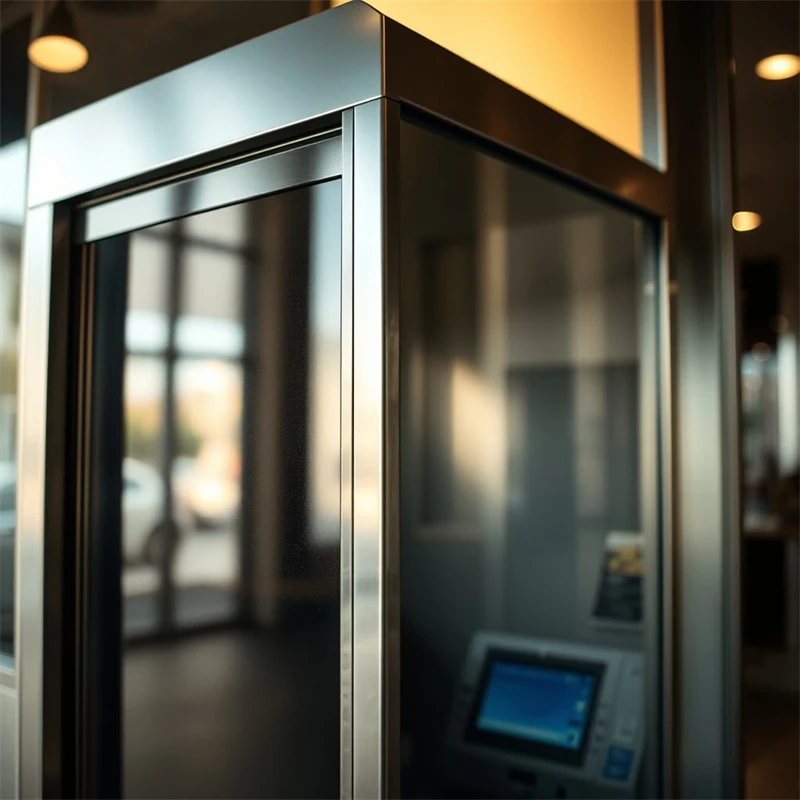Sep . 15, 2024 02:11 Back to list
extra clear toughened glass
The Advantages of Extra Clear Toughened Glass
Extra clear toughened glass, often referred to as low-iron glass, is becoming increasingly popular in various architectural and design applications. Unlike traditional glass, which can have a greenish tint due to impurities, extra clear toughened glass boasts a high level of transparency, providing a more aesthetically pleasing option for both residential and commercial settings. This article will explore the key advantages of extra clear toughened glass and why it is an ideal choice for modern design.
One significant benefit of extra clear toughened glass is its enhanced clarity. The reduced iron content allows for greater light transmission, resulting in a more transparent product. This characteristic is particularly advantageous in situations where visual aesthetics are paramount, such as in high-end retail displays, museums, or modern office spaces. When paired with carefully selected lighting, extra clear glass can enhance the brightness and vibrancy of a space, creating a welcoming atmosphere.
In addition to its aesthetic appeal, extra clear toughened glass is engineered for strength and safety. The toughening process involves heating the glass to extreme temperatures and then cooling it rapidly, which increases its strength significantly compared to standard glass. This added durability makes it an ideal choice for applications where safety is paramount, such as in shower screens, glass balustrades, and table tops. When broken, toughened glass shatters into small, blunt pieces that are less likely to cause injury, making it a safer alternative in commercial and residential environments alike.
extra clear toughened glass

Moreover, this type of glass is highly versatile and can be used in a variety of applications. From large glass facades to intricate interior partitions, extra clear toughened glass can adapt to multiple design needs. Its ability to be processed and customized facilitates creative architectural designs, allowing for seamless integration into different styles, whether contemporary or traditional.
Another notable advantage of extra clear toughened glass is its resistance to thermal stress. This feature is especially relevant in areas with fluctuating temperatures or direct sunlight exposure. The toughening process not only enhances its strength but also its ability to withstand thermal fluctuations without cracking, making it suitable for use in windows, skylights, and other structures exposed to varying weather conditions.
Furthermore, sustainability is a growing concern in modern construction and design. Extra clear toughened glass is environmentally friendly, as it can be recycled, reducing its overall carbon footprint. Its energy efficiency is also notable, as it can be incorporated into insulating glass units to improve thermal performance, thereby potentially lowering heating and cooling costs in buildings.
In conclusion, extra clear toughened glass represents a perfect blend of aesthetics, strength, and sustainability. Its excellent light transmission, high durability, and versatility make it an outstanding choice for modern architectural needs. Whether you're designing a residential space or a commercial establishment, investing in extra clear toughened glass can significantly enhance the overall appeal and functionality of the design while ensuring safety and efficiency.
-
Unveiling the Potential of Bathroom Privacy Glass
NewsApr.27,2025
-
The Multifaceted Role of Special Glass in Our Daily Lives
NewsApr.27,2025
-
Float Glass Levels and Applications Explained
NewsApr.27,2025
-
Exploring the Role of Coloured Mirror Glass in Modern Architectural Design
NewsApr.27,2025
-
Gym Glass Mirror Applications in Schools
NewsApr.27,2025
-
The Wonders of Coated Glass
NewsApr.21,2025
Related PRODUCTS














